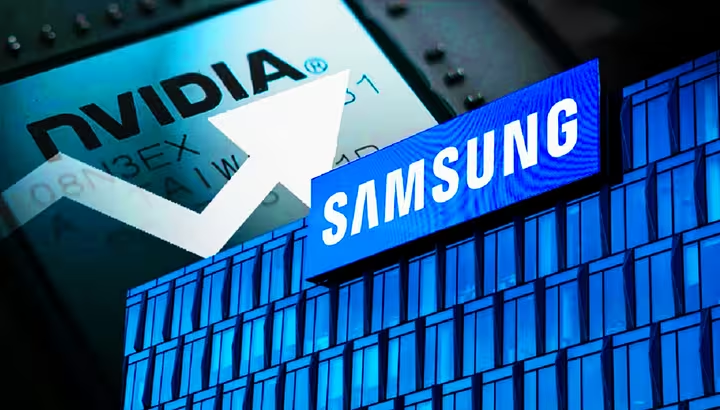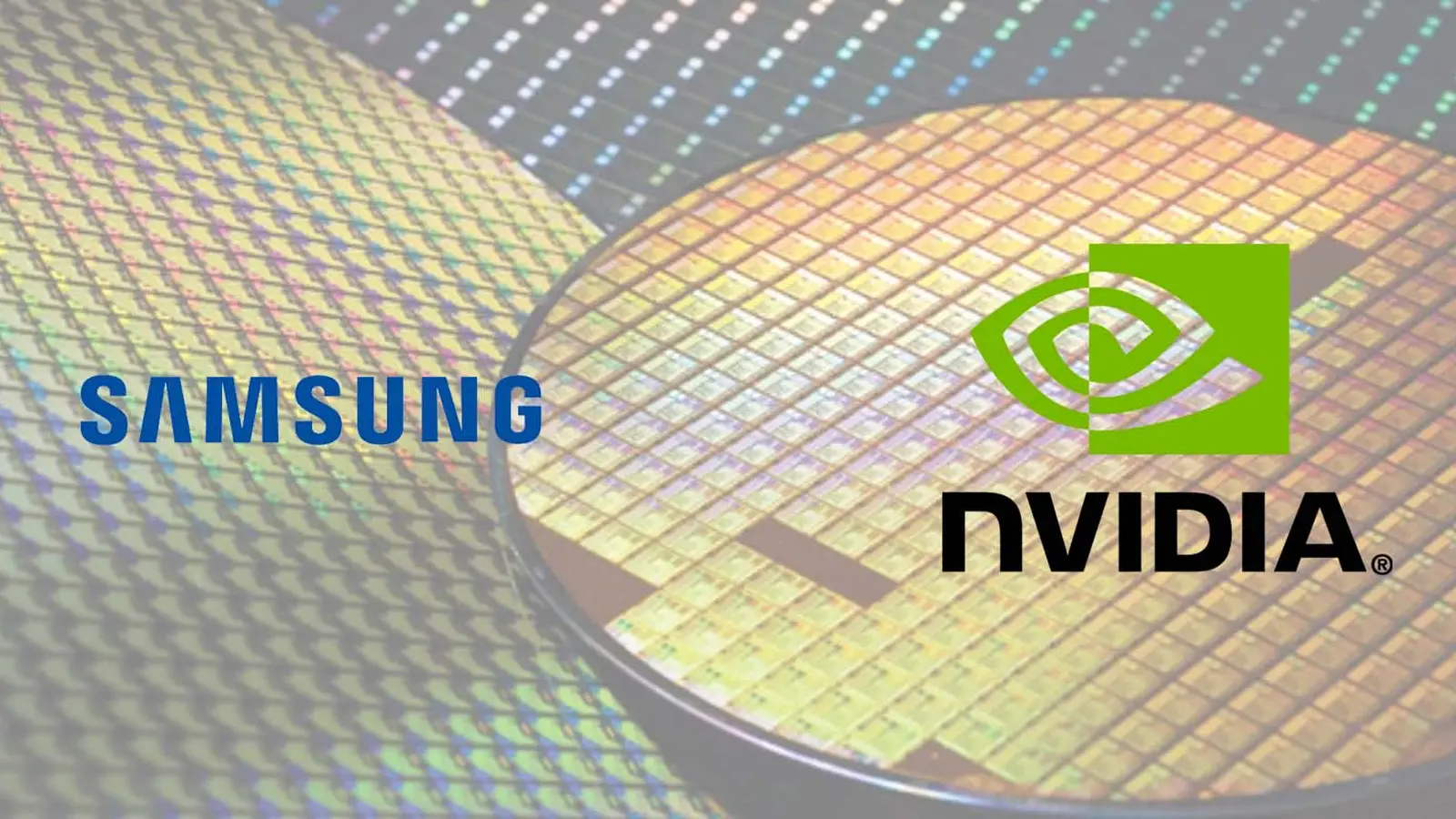3 Minutes
Warm handshake, cooler prospects: what happened in Washington
A recent meeting in Washington brought Samsung Electronics Chairman Jay Y. Lee and NVIDIA CEO Jensen Huang together for a high-profile summit — and a widely shared photograph of the two executives embracing. While the image underscores close ties between two tech powerhouses, it did not signal any immediate breakthrough on a potential multi‑billion‑dollar supply agreement for high-bandwidth memory (HBM).
Where things stand on HBM supply talks
Samsung has been pushing to become a meaningful supplier of HBM — particularly HBM3E — to NVIDIA, the world’s leading buyer of memory for AI accelerators and data center GPUs. To date, NVIDIA has predominantly sourced these premium memory stacks from SK Hynix and Micron. Securing NVIDIA as a customer would be a major win for Samsung’s semiconductor division, which has faced margin pressure and fierce competition.
Product features and technical considerations
High-bandwidth memory like HBM3E offers stacked DRAM with extremely wide interfaces and low latency, designed to meet the throughput needs of AI training and inference. Key evaluation criteria for buyers include bandwidth per stack, thermal performance, yield rates, packaging quality, and long-term roadmap alignment with GPU and accelerator platforms.

Comparisons: Samsung vs. incumbents
- SK Hynix and Micron: established HBM suppliers with mature yields and proven supply continuity.
- Samsung: competitive in process technology and memory innovation, but still addressing specific HBM3E validation and yield questions raised by major customers.
Advantages and use cases if a deal closes
If Samsung clears technical hurdles and wins business from NVIDIA, advantages would include revenue diversification, strengthened foundry-memory synergies, and a more resilient global HBM supply chain for AI data centers. Typical use cases for HBM include large-scale AI training clusters, high-performance computing (HPC), and next‑generation graphics accelerators.
Market relevance and outlook
Any contract with NVIDIA could be worth billions over multiple years and would be strategically important as demand for AI chips and high-capacity memory continues to surge. However, closing such deals requires sustained technical collaboration, supply reliability, and competitive pricing. Given the high level of executive engagement, Samsung appears optimistic, but industry watchers should expect a careful, measured path to any final agreement.
Source: sammobile


Leave a Comment